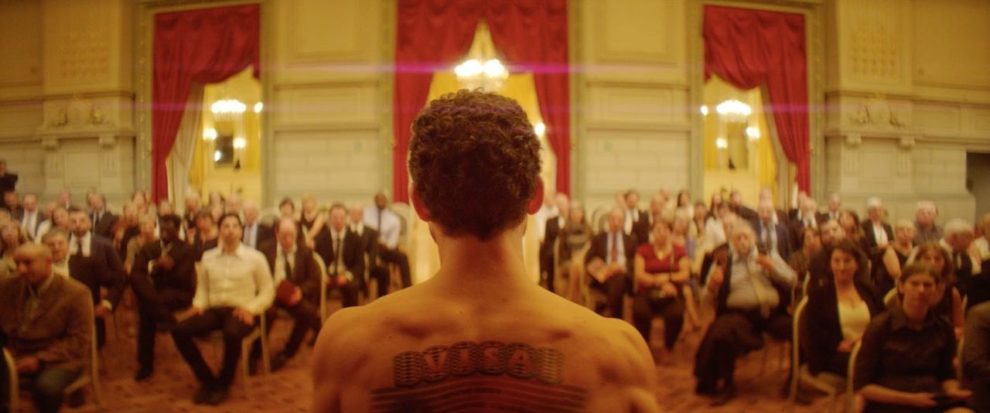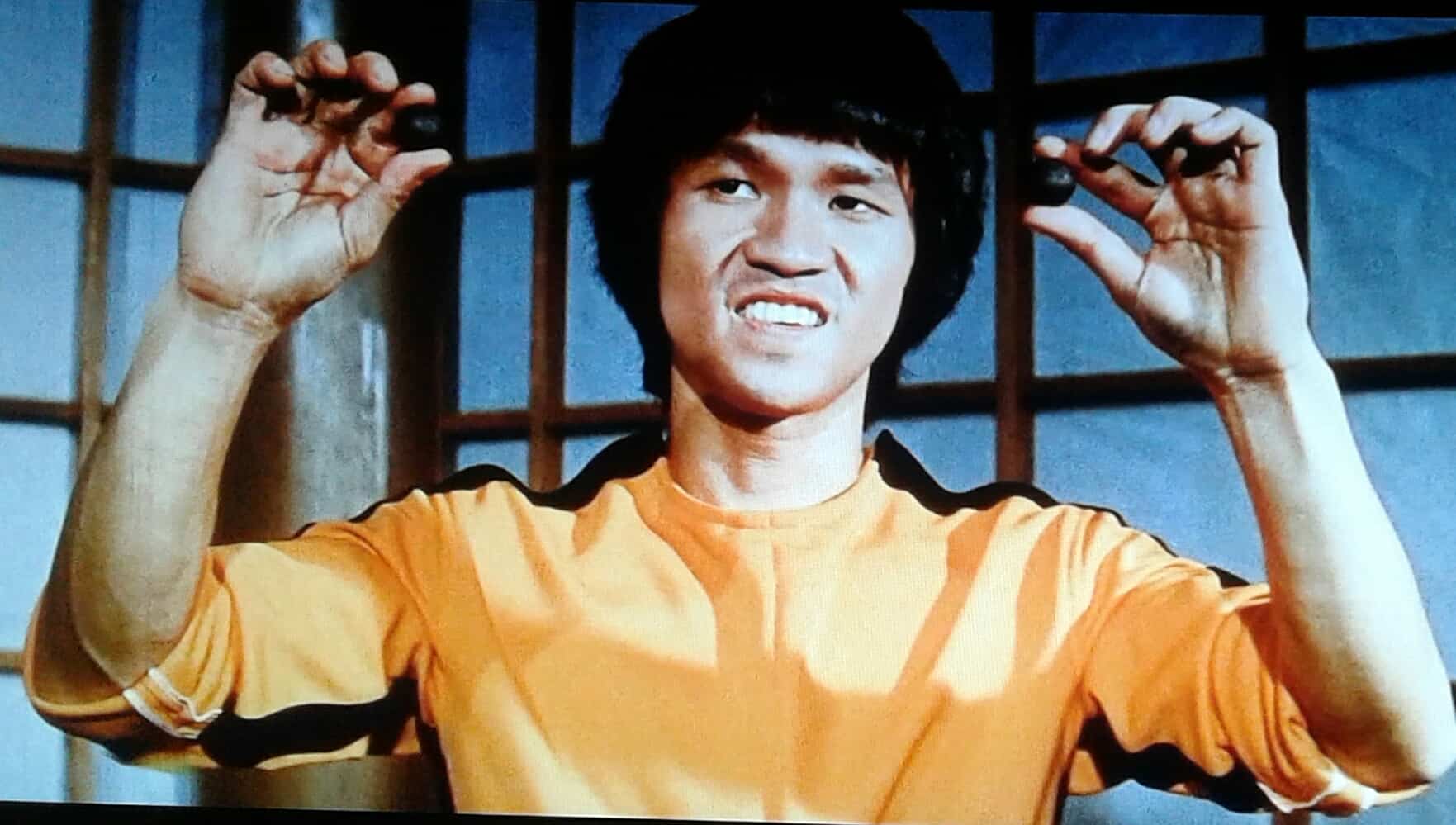During the last years the world has become perhaps even more aware of the phenomenon of mass immigration, especially due to the still ongoing conflict in Syria. While the news of many people, desperate to find peace and the opportunity for a new life somewhere certainly touches us, it was perhaps the constant stream of images which have left a mark on our collective mind. The idea of people ripped from their homes, with nothing left other than the clothes on their bodies and a few other remains, has become a reminder of one of the most pressing conditions of our times, one which will probably only worsen due to the COVID-pandemic. The often cynical notion of the worth of human beings seems to define political debates, a discussion which hides the fates of people in favor of economic and social benefit. In many ways, Kaouther Ben Haria's feature “The Man Who Sold His Skin”, inspired by Belgian artist Wim Delvoye's living work “Tim” (2006), relates to these discussions as it poses the question on the price of a human life in today's world. It was nominated for the Orizzonti Award at the 2020 Venice International Film festival and it is the Tunisian entry for Best International Feature Film at the 2021 Academy Awards.
The Man Who Sold His Skin is screening at ALFILM

As civil war erupts in his home country, Sam Ali (Yahya Mahayni) is forced to leave Syria, leaving behind Abeer (Dea Liane), the love of his life. In Lebanon, he finds work doing menial work, saving his money for a ticket to Europe and a visa to be able to re-unite with Abeer, who was planning to take a job as an interpreter in Belgium. However, his luck seems to change when he meets European artist Jeffrey Godefroi (Koen De Bouw) and his assistant Soraya (Monica Belucci) as he is caught stealing at a gallery opening. Godefroi makes him an offer: he will provide a visa, a ticket to Europe and enough money to make a living for Sam Ali if he agrees to sell him his back as a “human canvas” for his new project. In his desperation, Sam agrees and in the following days the artist begins his work: the tattoo of a Schengen visa.

In Brussels, Sam, or rather the tattoo on his back, becomes the star at an art gallery opening, which attracts many visitors and the praise of many critics, along with protests from refugee organizations that feel his status and his need to immigrate to Europe have been cruelly exploited by Godefroi and his associates. Meanwhile, Sam has reconnected with Abeer, who is married to a friend of her family also working in the Belgium capital, and who is quite aware of the past relationship of the two. As his chances of getting back with his lover seem to dwindle, Sam learns that he is anything but free, especially when he is about to be sold to a rich art dealer.
In the past, the Academy has not been the most reliable when it comes to choosing quality in their various categories, even though there have been a few exceptions. However, while there are some issues holding back the impact of a feature such as “The Man Who Sold His Skin”, director Kaouther Ben Hania still manages to point at some issues within the debate about immigration that we do not hear about often. Through the provocative nature of the work, the tattoo of the Schengen visa on Sam's back, we find ourselves within the contradiction of surface and depth, theory and action, especially within the tendency of people to intellectualize or even relativize issues, and thereby disguising the human face of the problem. Immigration, the fate of refugees, even concepts like integration and assimilation become topics of everyday or dinner conversation, ignited by Sam's tattoo, hinting at a cynical undertone in our world which talks about ideals, but fails to act upon them.
Considering these notions, perhaps “The Man Who Sold His Skin” says a lot about the perception and relevance of art today. While the piece of art, which incidentally is a human being, becomes objectified, the artist, played by Koen De Bouw with a blend of disillusionment and arrogance, represents the cynic who knows about the machinations of the market and how art is more about prestige, and less about the message. “I'm not cynical, the world is” may just be the most telling and provocative statement in the movie, pointing at all the aforementioned aspects. Yahya Mahayni, who was awarded Best Actor at Venice International Film Festival for his performance, essentially plays a character slowly realizing the repercussions of selling his skin, or rather his body, and who has, in a way, exchanged one state of repression for another, albeit one which sees him ordering caviar for dinner and sleeping luxurious hotel suites.
If there is one aspect which should be criticized, it is the love story. While it understandably grounds some of the complex themes Kaouther Ben Hania deals with in the context, it also takes away the impact it could have had to some extent. The ending especially represents the kind of compromise we often see with stories dealing with current issues, but who seem to have lost their courage in the final moments.
In the end, “The Man Who Sold His Skin” is a story about immigration, art and the worth of human life. It is a feature with many interesting ideas and great performances, which sadly loses some of its steam in the final moments, resulting in an altogether disappointing ending.















